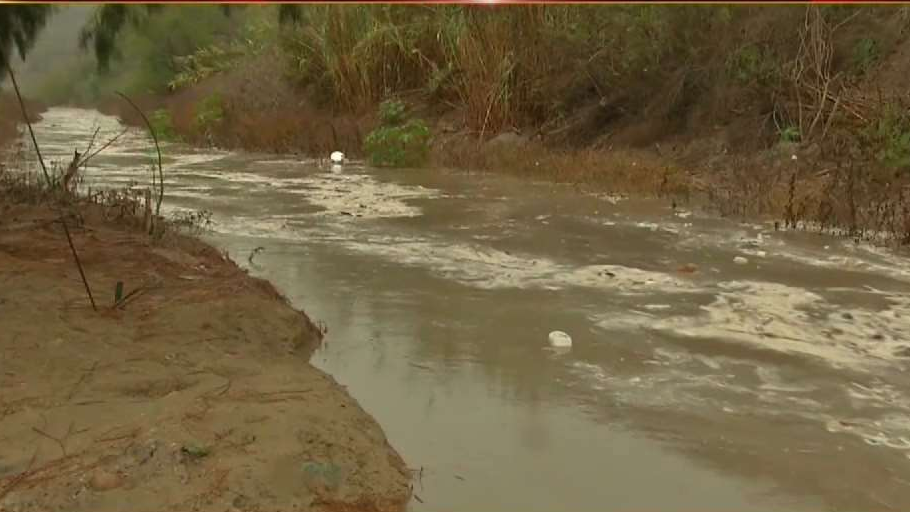A judge overturned the wrongful conviction a man put in prison for 14 years on sex crime charges thanks to the help of students at Santa Clara University's Northern California Innocence Project who proved that DNA on a girl's T-shirt didn't belong to him.
Johnny Williams served his entire stint in a San Diego prison and was released in January. On Friday, an Alameda County Superior Court judge overturned his conviction - even after he was already a free man.
So, Williams does not get the benefit of being released from prison early, but his lawyers said that his exoneration means that his name can now be wiped clean off the sex offender's registry list.
The innocence project's supervising attorney Maitreya Badami also said Williams could be in line for a lot of money. He has to apply, but all eligible, exonerated prisoners can earn up to $100 a day for every day they wrongly spent in prison. In an interview with NBC Bay Area on Monday, Badami said that could be about $500,000, and even though it may take a long time to get it, Williams is definitely a candidate for that money.
Before his arrest 14 years ago, Williams had no prior criminal history.
Williams is now looking for work; he worked at a janitor in the Richard J. Donovan Correctional Facility in San Diego. And, according to Badami, his feelings are mixed. Badami said he feels thrilled that people can now "simply know that he's innocent and be relieved of the terrible stigma." Badami added that Williams has also been through an ordeal and now needs to put his life back together.
Williams has not yet chosen to speak publicly. But he did issue a statement: “Something terrible happened to that little girl and I hope they find the person who did it. I am thankful people finally know the truth about me so that I can rebuild my life."
This is the second innocent person the innocence project at Santa Clara County has exonerated in this year, and its 16th victory since its creation in 2001. The class at Santa Clara University also helped free Ronald Ross, 51, who was convicted in 2006 for an attempted murder, and was released at the end of February, when the judge dismissed the case.
“We are thrilled the state has recognized Johnny’s innocence and cleared his name,” said Linda Starr, the legal director for the Northern California Innocence Project. “Thus, in cases relying almost exclusively on eyewitnesses, we’ve learned that DNA evidence is the only way to conclusively prove innocence.”
Added his other attorney, Melissa Dag O'Connell: “To be convicted of such a terrible crime and spend 14 years in prison, labeled a sex offender, is a nightmare most people could never imagine. Without DNA evidence, we would not have been able to prove his innocence.”
On Sept, 28, 1998, a man who called himself “Johnny” sexually accosted a 9-year-old girl as she walked home from school. The next day, while walking in the same area, the same man attempted to rape her.
Williams was a former neighbor of the girl and familiar with her family. When the girl first reported the assault she did not say she knew the attacker, which suggested a stranger.
However, people who knew the girl suggested to police that “Johnny” may be Williams, according to the Innocence Project.
One week after the attack, Oakland police collected the clothes the girl was wearing during the assault. Forensic tests at the time of trial were unable to confirm biological evidence and no DNA testing was performed. On June 8, 2000, Williams was convicted of two counts of forcible lewd conduct against a child and one count of attempted rape.
Last year, the Northern California Innocence Project, with the assistance of California DNA Project, re-tested the girl’s T-shirt. Investigators found enough biological material to yield a complete male DNA profile that conclusively excluded Williams as the perpetrator. According to Badami, while the results showed the DNA to belong to a man, that man's DNA was not in any criminal database to compare it to.
Local
Williams’ exoneration was made possible by a grant which paid for the costs of retesting, which the innocence project wanted to highlight and add that the funding, unfortunately, is set to expire in September.



